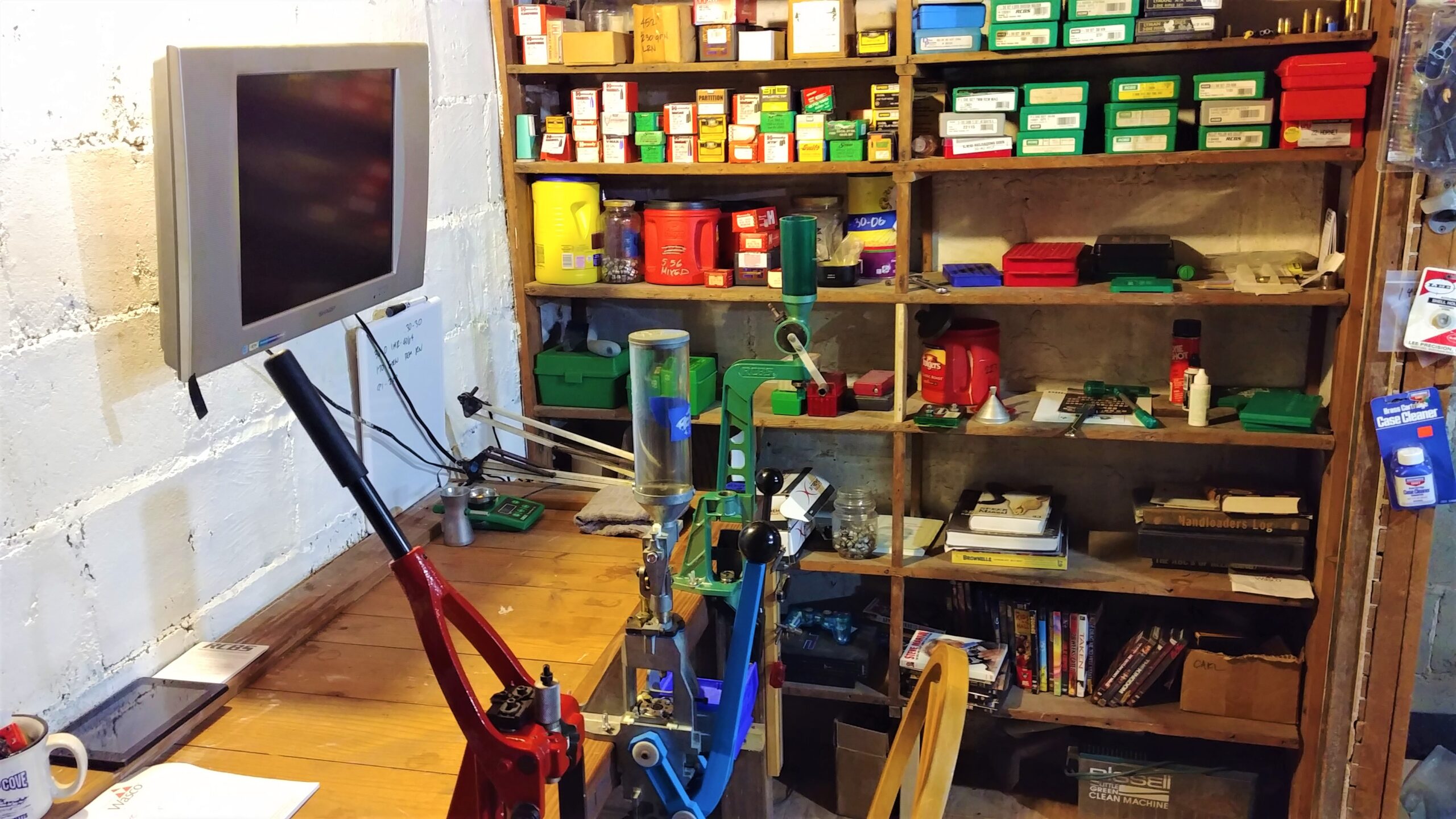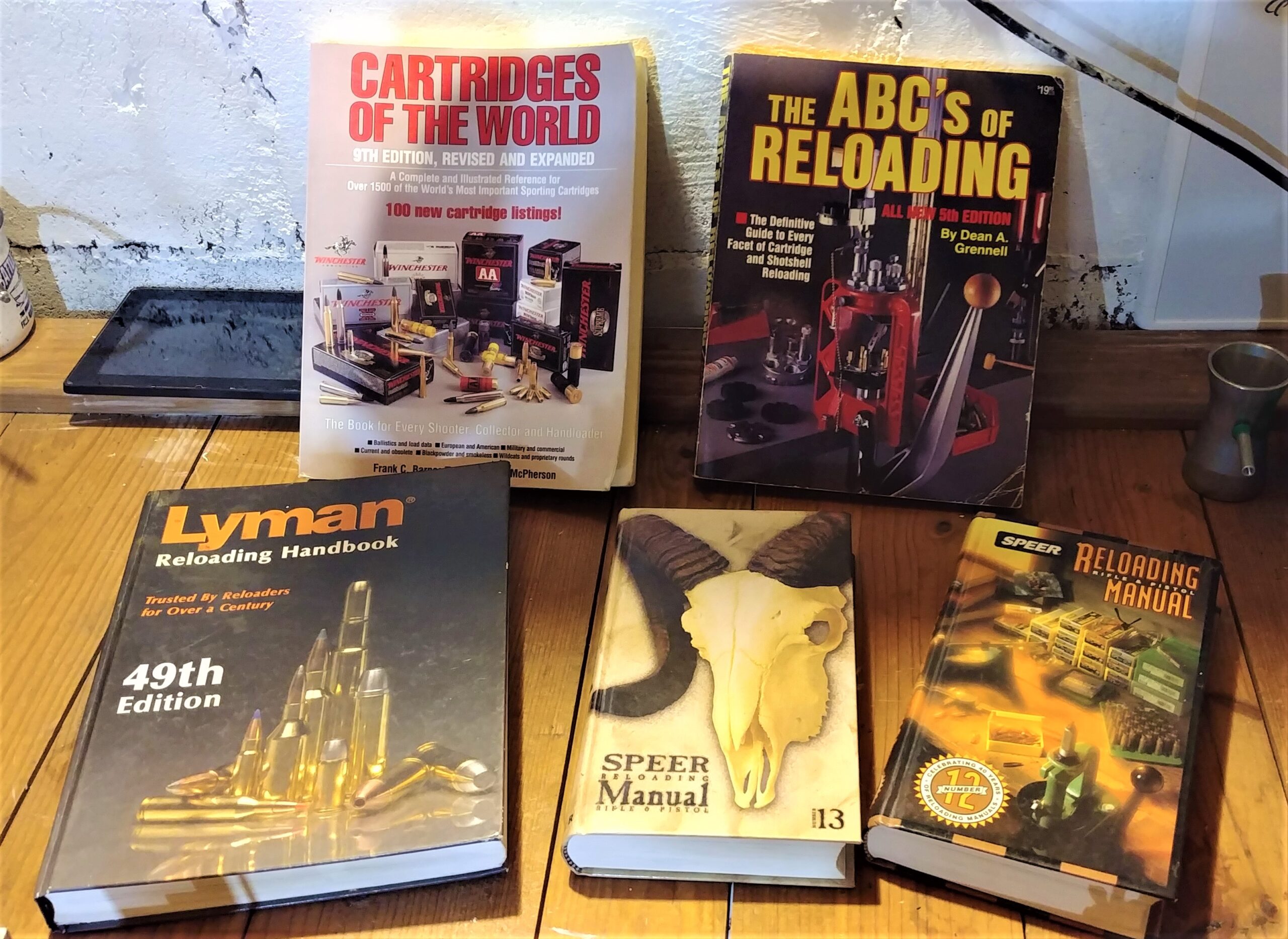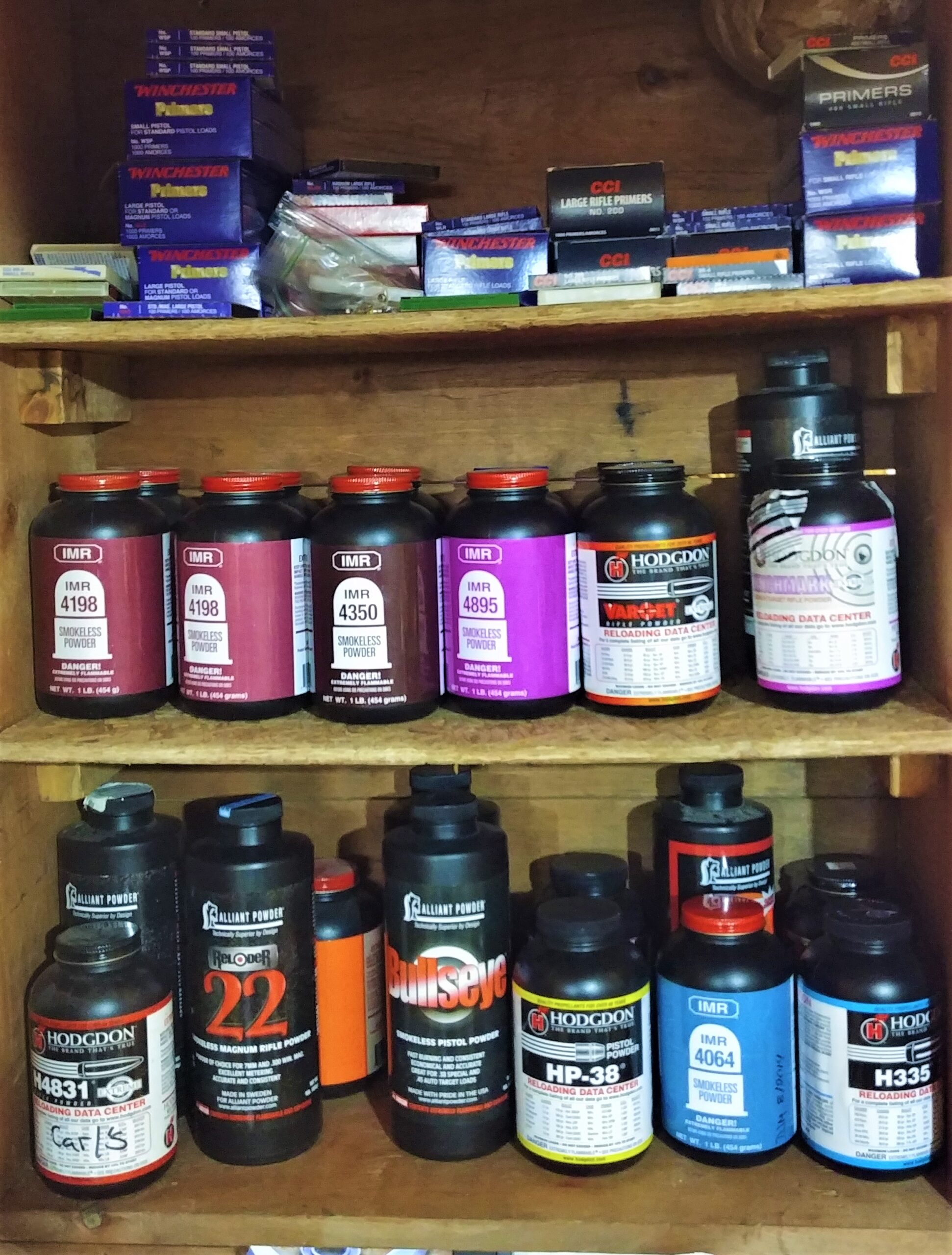
If there is one thing that the past 25 years have shown us, the firearms and ammunition market can be unpredictable. From so called “Assault Weapons” bans, to ammunition import bans and sanctions. Market panics can cause a run on firearms and ammunition and leave store shelves and internet suppliers empty. Wars or an overseas crisis can drastically impact firearms owners of arm of foreign calibers.
by Zach Dunn, contributing author
Being prepared for the ups and downs of the firearms and ammunition market is vital for those who have a mind on preparedness. Not being subject to the whims of a on again off again politician or political climate is a powerful form of independence. This certainly is true in relation to firearms and ammunition.
While stockpiling ammunition is the best method to start, it should not be our only method to be prepared to provide our firearms food. While it may be easy to stockpile large amounts of cheaper military caliber cartridges such as 5.56x45mm or 7.62x39mm Soviet currently, it may not always be the case. For hunting rifles, commercial or stockpiled ammunition is not always the best ammunition.

Reloading offers the prepper, hunter or shooter the ability to prepare for changes in the market and political climate. While there is a larger upfront cost, the ability to reload spent brass and load ammunition to the reloader’s specs provides economic benefit to the reloader as well as quality ammunition fine tuned to his or her firearm.
What You’ll Need
To start I highly recommend you get a kit with a press, guide and almost everything you’ll need except the dies for your cartridge caliber, powder, bullets and brass. Several places offer 500-1000 bullets free with ever kit purchased. The Reloader’s Bible is a great table top reference book, and having more than one guide is a must. A kit with press is a must. I like the RCBS Supreme Master Kit, but others will suffice. Dies range all over the board depending on manufacturer and caliber.

You’ll need case lubricant, bushings, priming system and catcher, though most kits include all of this. You will want extra lubricant. And purchasing spares of everything over time is advantageous in a survival or SHTF situation.
Of course you’ll need empty brass, and not all brass is created equal. Having new production ammo you can reuse brass from, or new brass is a must. Having enough of it to make reloading viable is likewise important. How much is dependent on your needs and usage. Military calibers for an AR-15, AKM, SKS, M1A/M14, etc. should be on hand in large amounts. I prefer at least 5,000 of each chambering. Pistol calibers should also be kept in large amounts. Hunting calibers will vary on usage. Brass can be costly at times, but using and collecting spent casings can be a great budget way to get into reloading. A trip to a local range with a bucket can yield thousands of spent brass casings.
Note: Be sure to inspect every brass casing for cracking and weak spots before ever reloading!

Powder will also need to be kept, and enough to reload for many moons. Powder can be the most expensive component. You won’t want to scrimp here. Please do your own homework and be sure you are using the right powder in your handgun, rifle or shotgun. Storing large amounts of powder can be dangerous as it is highly flammable. Be sure and store powder in a dry, cool environment away from any flame or electricity.
Primers likewise will be needed in large amounts. Boxer primes are the reloader’s choice, as Berdan primers are typically used only in factory new military cartridges and are a pain in the neck to reload. Having a good stockpile of quality primes on hand at all times is paramount.

Bullets will depend on your cartridges application. Brass over lead M193 spec ammunition is fine for home defense with your AR-15, but won’t be the best for taking down game. Bullets can be cheap, or they can cost north of $1 per round. Researching and testing factory ammunition in your firearm will give you an idea of where you need to start. For example, Hornady is one of my favorite bullet manufacturers for hunting and pistol self defense ammunition (read the Hornady Handbook), but is cost prohibitive when it comes to cheap AR-15 ammunition.
SHTF Reloading Conclusion
Reloading can save money, help you prepare for the future, and give you the cartridge you need. It can also be a lot of fun. Be safe by researching and studying loading. Failure to do so can be dangerous and result in injury or death if corners are cut, or formulas are not followed.
Safe Shooting!

4 comments
Though I have some reloading equipment, I feel that buying ammo in bulk is more economical. If you store ammo in more than one location (as I d0), then the cost and storage needed of multiple reloading kits can be prohibitive IMHO. Also, the rimfire calibers require special equipment to reload and these are the most numerous cartridges that I stock! To me this is like storing metal stock just for making knives in the future. Still, skills always have value! GLAHP!
Reloading is the only way to go.
Reloading is a skikl that one must prep when SHTF. Great post!
I still think that reloading only makes sense for niche calibers and special competition applications. In a SHTF or ammo scarcity situation, you won’t be able to buy more ammunition components. You won’t be able to manufacture primers or smokeless powder. For the cost of the reloading setup, you could instead buy hundreds of factory new hunting rounds, enough to hunt years worth of large game. Add to that the safety hazards of storing large quantities of primers and powder. If you’re going to stock up on anything, just buy complete cartridges. Buying in bulk will negate any cost benefit of assembling your own.